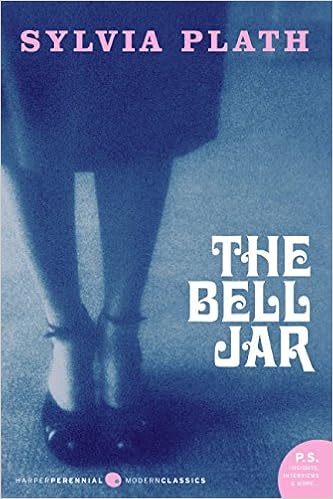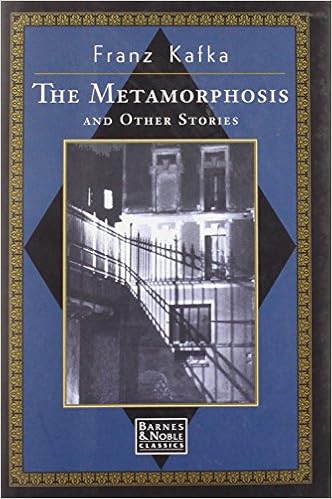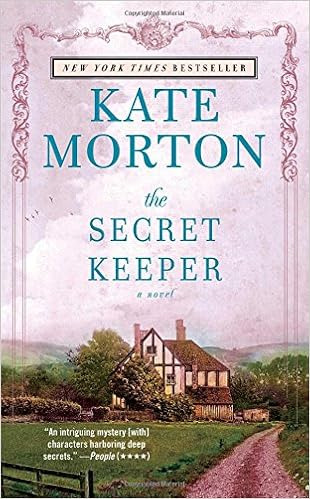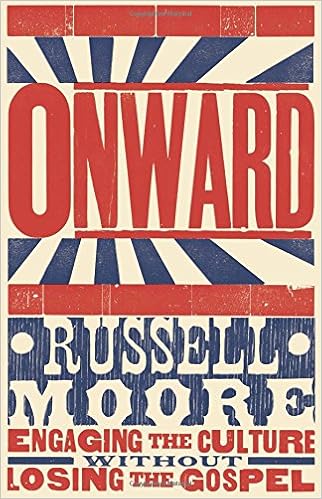Prompt: Read a book you loved... read it again!
Pages: 266

It's no secret that Robin Jones Gunn is one of my favorite authors. I own nearly everything she's written, and I don't think she's ever written a book I don't love. She even inspired the name of this blog! (See the sidebar for more information). Her books are endlessly quotable, and though One More Wish isn't my absolute favorite book of hers (don't get me wrong, I love it - but that honor belongs to Love Finds You at Sunset Beach, Hawaii) I still found so much wisdom in it.
In One More Wish, Gunn's longtime heroine Christy finds herself waiting on God's timing and learning what it means to be of service to others. As John Milton is quoted as saying in the book, "They also serve who only stand and wait." As Christy opens her home to her friends, it stretches her patience and her hospitality to the limits until she discovers that to serve others, you need to have time and space to recharge, particularly if you are an introvert. As she wishes and hopes for a long-awaited blessing, she learns that God's timing is perfect, and that his blessings are worth waiting for.
In a discussion about wishing and hoping, Christy's friend Sierra tells her:
I think of it like this. A wish is like the childhood stage of a dream. It's the most innocent, elementary version of a possibility. It's fragile, like a dandelion in a breeze... Hope is different. Hope is a wish that goes to high school... Faith grows out of that adolescent hope, which is such a roller coaster. And that's why I think it's a good thing to pray and keep praying. To wish and keep wishing. Because God answers prayers in His way and in His timing. The worst thing we can do is to stop praying or dreaming and wishing. We have to start there, with all our childlike, whimsical thoughts. Because I think that every prayer of mine that God ever answered first started out as a wish that grew into a hope and graduated to become faith. (selections from p. 194 - 196)See what I mean?! Endlessly quotable! As someone who has done a lot of wishing and hoping and praying over the years, I find the connection between the three comforting. When you've wished and hoped and prayed for things for years, like Hannah in 1 Samuel, who is referenced in One More Wish, it can be easy to doubt God's goodness when it doesn't happen. But as we see in the story of Hannah, God often gives more extravagantly than we expect. Hannah asked for one child and God gave her six!
Please don't misunderstand me - God doesn't always give us what we ask for. But he always gives us what we need when we need it. He doesn't delight in torturing us while we wait, but rather teaches us to recognize the beauty of waiting. When we have to wait for something, we often value it more highly than if we are immediately given it.
That is the lesson that Christy learns in One More Wish, among others. The beauty of Robin's novels is that they are very much novels about everyday life. And that is what makes them relatable. Unlike certain other authors that shall not be named (you know who you are!), they don't rely on hard-to-believe coincidences and out-of-the-ordinary plot twists. Rather, their "ordinariness" (that's not a bad thing!) is what makes them so special, and what makes them so applicable to your life and mine.
Final Recommendation: Read it! Read it and everything else Robin has written. I think they'll be as much of a blessing to you and your life as they have been to me and mine. I can't even begin to tell you how much these books have impacted my life. They - and their author - are phenomenal.






